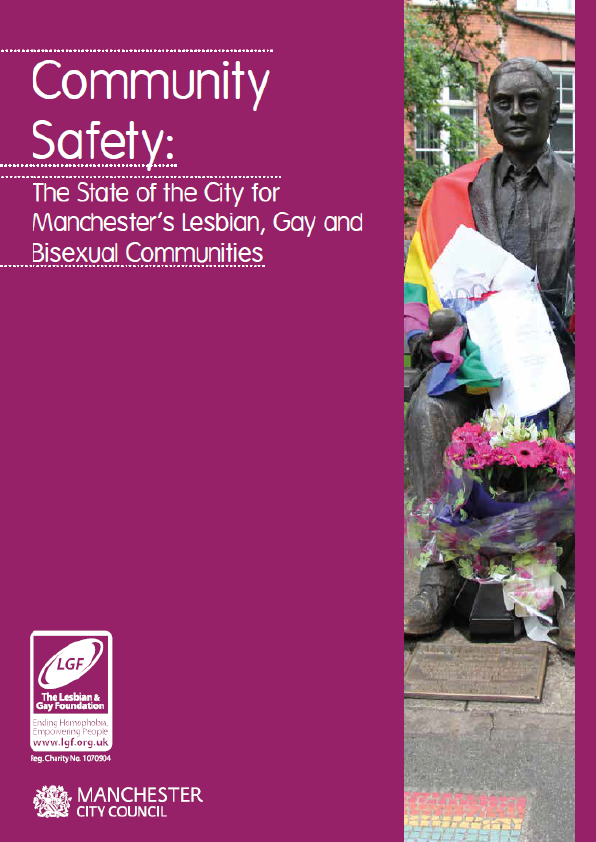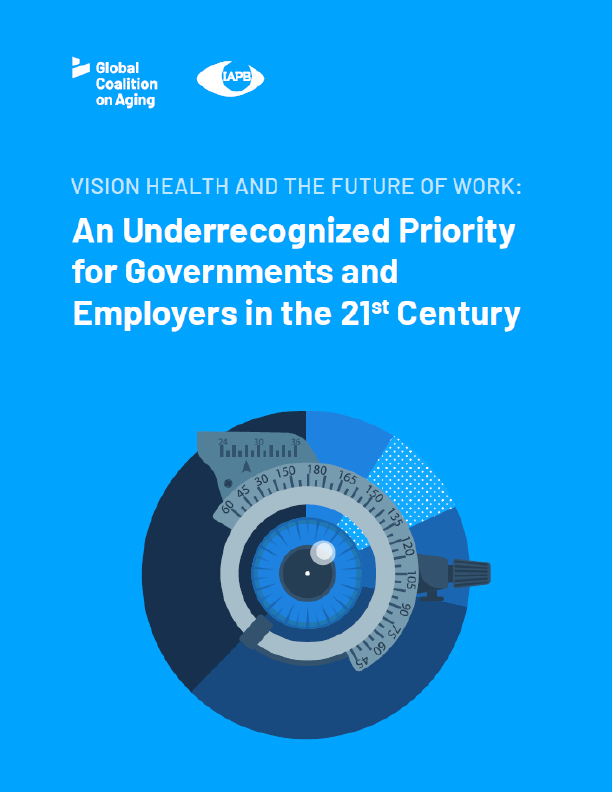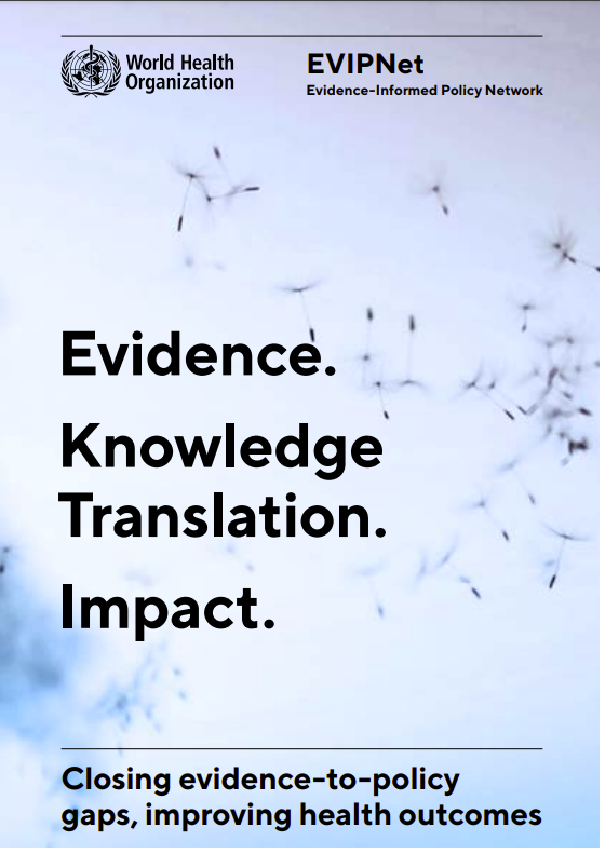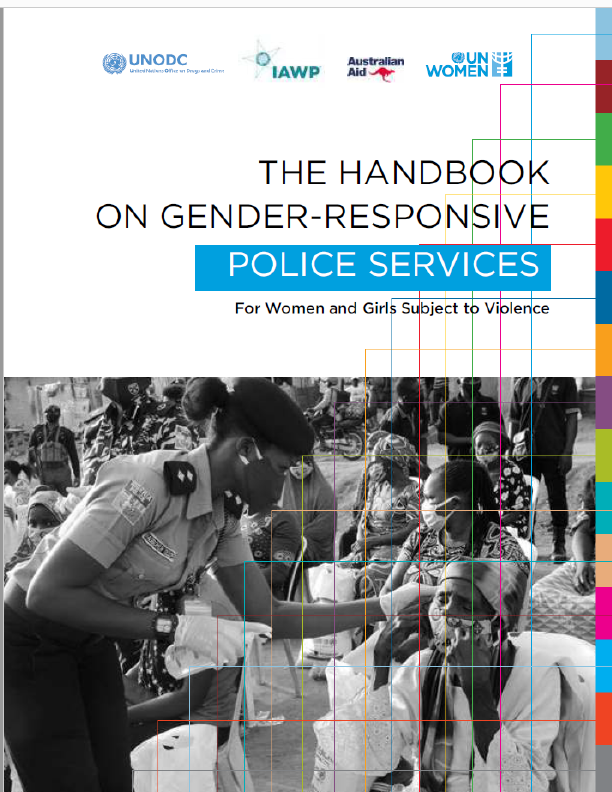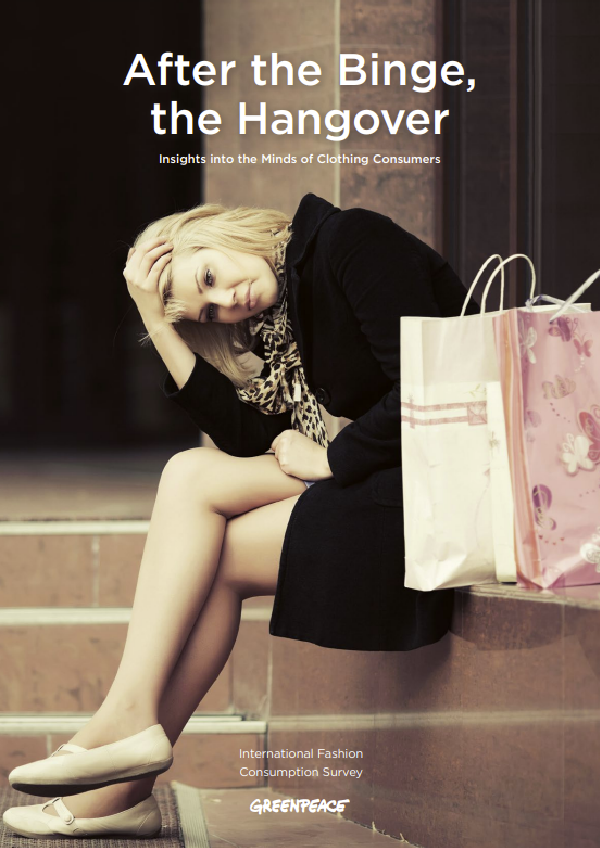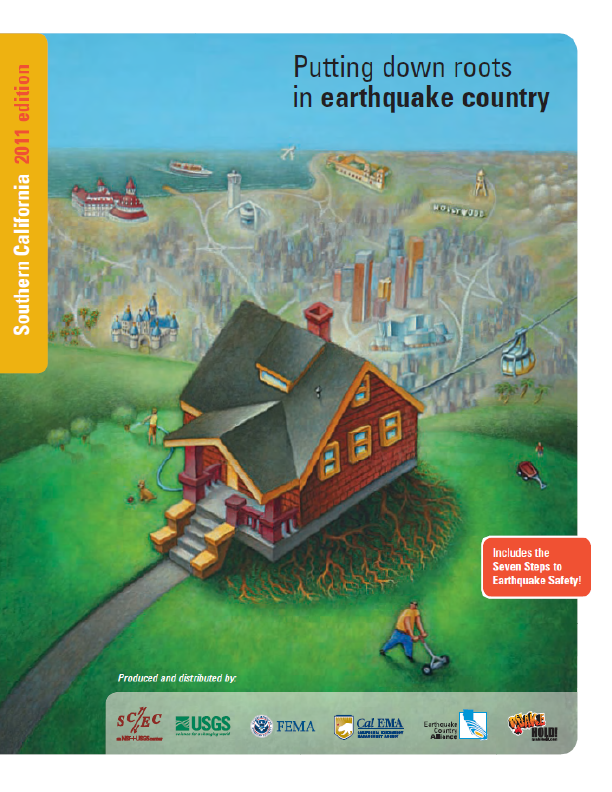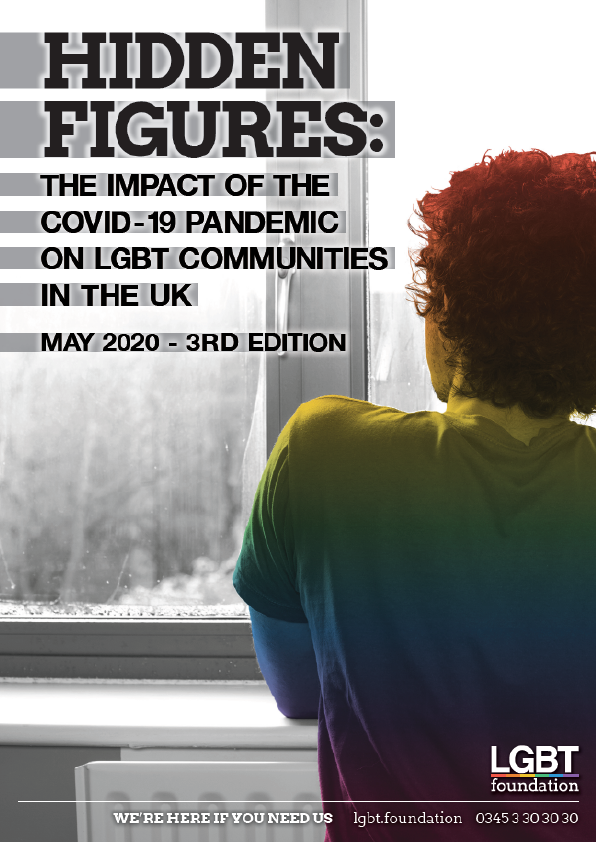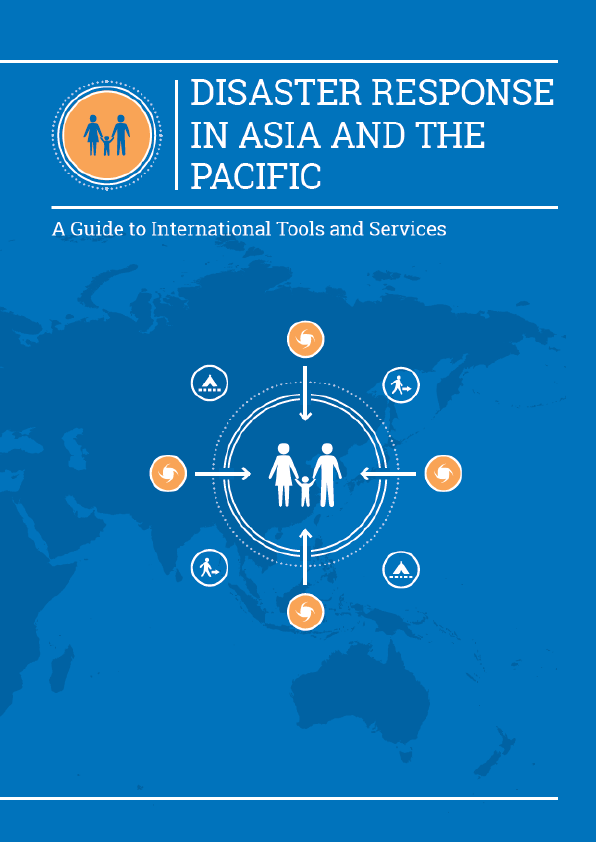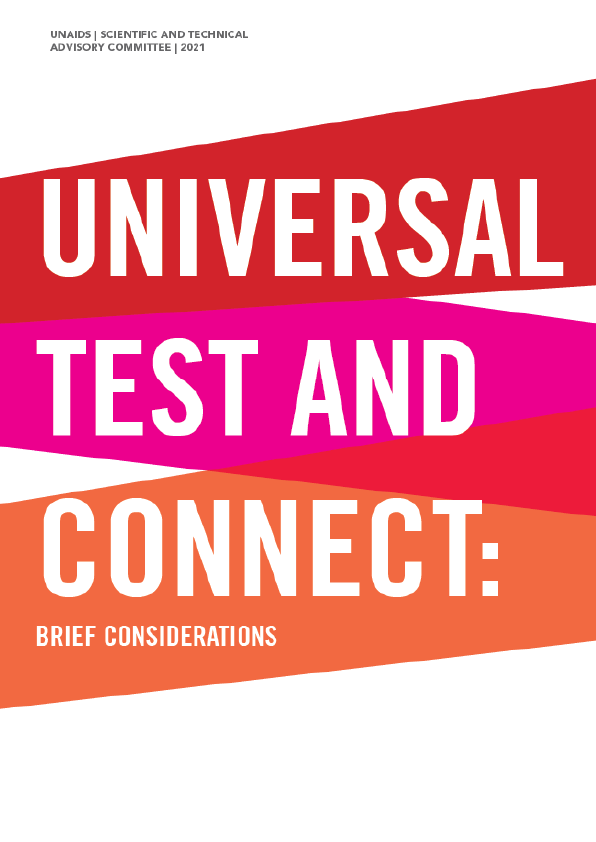The lesbian, gay and bisexual (LGB) population of Manchester is estimated to account for just over 35,000 people. While many of these LGB people are well, happy, economically productive and satisfied with the level of public services they receive, a low-level of expectation commonly underlies this; an underlying expectation that they will experience discrimination, homophobia or biphobia due to their sexual orientation. A recent survey of LGB people in Britain found that between 12-30% would expect to be treated worse than heterosexual people in a range of scenarios including reporting a crime, applying for social housing, visiting their GP and by staff in a care home.
“Too often, an expectation of poor treatment will result in LGB people not disclosing their sexual orientation, meaning that services continue to be unaware of their needs and do not address them specifically.”
It can also result in LGB people being afraid to challenge discrimination when it occurs, or to feel it is not worth doing so. Hate crime motivated by sexual orientation is a commonly experienced phenomenon in the LGB community, yet reporting of it is low: nearly half of LGB people living in Manchester have experienced a homophobic or biphobic hate crime or incident, but 62% of them did not report it.
LGB people live, work, study, shop, socialise and access services across Manchester, and their needs and experiences should be recognised and addressed across the board. There is substantial evidence of the issues experienced by LGB people in relation to their sexual orientation and the impact on their lives: for example, poorer mental health, increased use of drugs and alcohol, experience of homophobic and biphobic hate crime and increased fear of becoming a victim of crime. Yet there are significant gaps in the evidence base in relation to other areas of community safety, such as crimes other than hate crime, sexual violence and exploitation, and experiences of individual and community safety services. This is often due to a lack of service user sexual orientation monitoring in public services; concerning because it suggests that LGB people’s needs are not being recognised and addressed when they are most in need of support.
